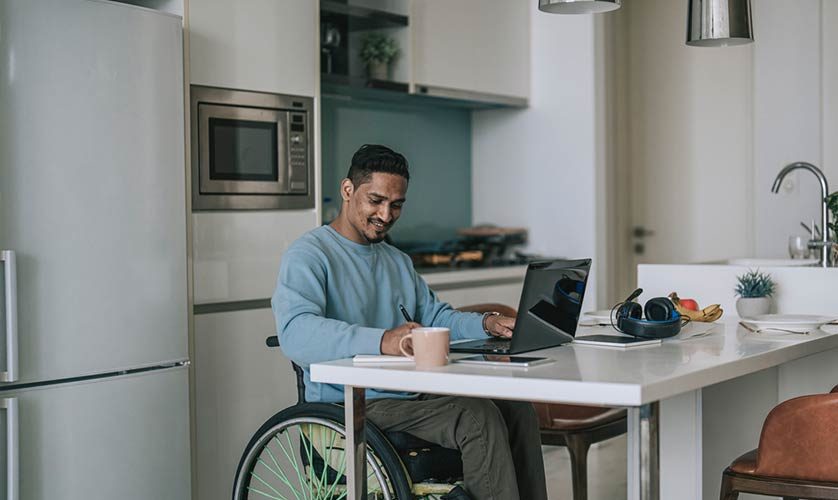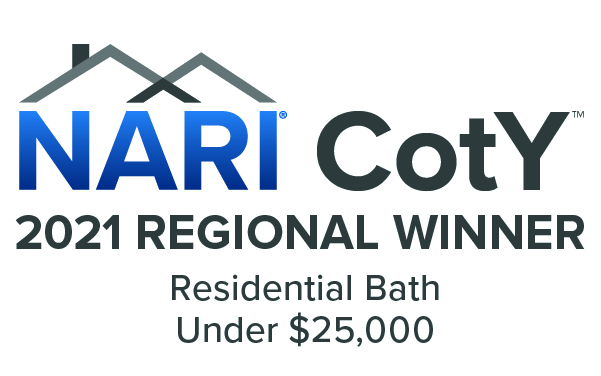
Modifying a home to make it more accessible takes the concept of universal design into account. The idea is to make substantial changes to living spaces either to accommodate elderly family members or as a way for homeowners to create their “forever homes”.
Unfortunately, there are numerous misconceptions about accessibility and universal design that make homeowners hesitate to plan for it or even entertain such concepts. This blog post aims to change that, highlighting some of the myths surrounding them and the truth behind each one.
1. Accessible Remodeling Is Expensive
Many people believe that accessible remodeling is a costly endeavor. Sure, it is a significant expense, but the modifications can benefit you in the long run. From easy-to-reach cabinets to non-slip flooring, there are a plethora of budget-friendly options that can make your home more accessible. So don’t let the cost deter you!
2. Accessibility and Universal Design Are Only for the Disabled
Accessibility and universal design often evoke images of wheelchair ramps and handrails, leading many people to believe they’re solely for the disabled. The truth is that these designs can work for everyone! Whether you’re caring for an aging parent, have small children or just want your home to cater to family members no matter the age or ability, implementing accessible design can make a world of difference.
3. Universal Design Will Make My Home Look Like a Hospital
This couldn’t be further from the truth. Universal design is all about ensuring comfort and ease of use while maintaining an appealing aesthetic. With the help of a professional home remodeler, careful planning and the right design choices, your remodeled space can be both functional and aesthetically pleasing.
4. Accessible Homes Can’t Be Stylish
Contemporary design solutions create a beautiful blend of function and aesthetics. Accessible remodeling does not need to be bland and boring. With a wide range of stylish fixtures and finishes available, your accessible home can be as fashionable as any other!
5. You Don’t Need a General Contractor for Accessibility Remodeling
While it’s tempting to try to save money by doing everything yourself, remember that remodeling with accessibility in mind is a complex undertaking that would require the expertise of a professional general contractor. They will ensure that all substantial changes to your living spaces meet safety standards and function as intended. They will work with you to create a plan that takes your needs and budget into consideration.
Let’s Start a Conversation!
DreamMaker Bath & Kitchen of St. Louis Park offers Independence by Design™ service, which allows our design professionals to create safe and independent living spaces while fulfilling your individual needs. Whether it is an accessible bathroom or kitchen you’re planning, our design/build approach gives confidence in the finished project. Give us a call at (952) 522-3008, or fill out this contact form to schedule a conversation. We serve homeowners in Minneapolis, St. Louis Park, Robbinsdale, Roseville and Vadnais Heights.

























